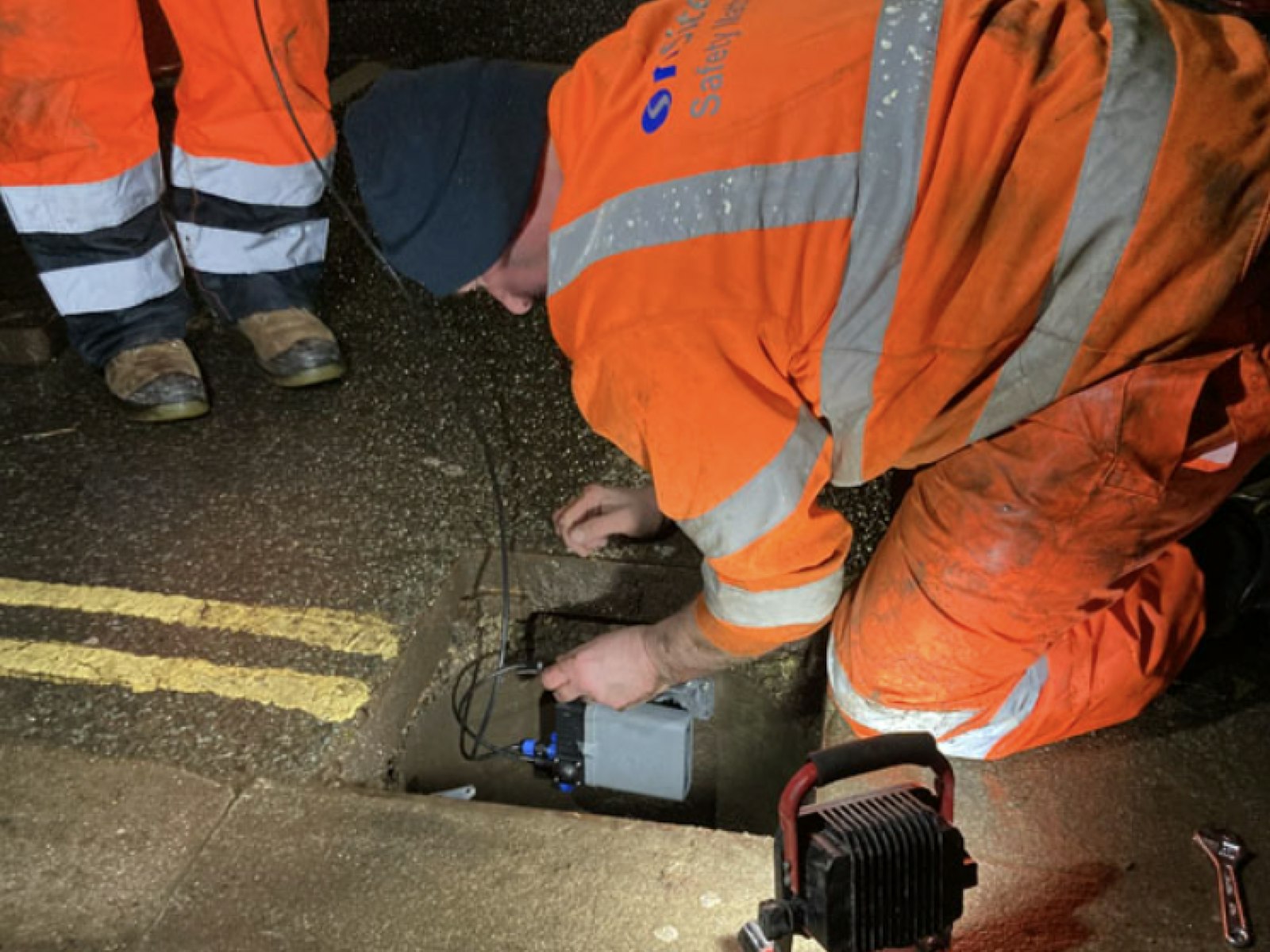Devon County Council has appointed Previsico to install connected water and silt level sensors in some of Devon's highways gullies with the aim of mitigating floods on major roads and monitoring sediment build up.
Sensors have been installed in four locations across the county as part of this project, called the Devon Resilience Innovation Project (DRIP) Smart Gullies Trial.
WSP has been appointed by DCC to plan, manage and evaluate the trial. The County Council is using these sensors to gain a greater understanding of potential benefits of flood detection and warning in order to inform gulley cleaning schedules.
The trial is funded through the government's Flood and Coastal Risk Innovation Programme and Previsico appointment follows an invitation to tender.
